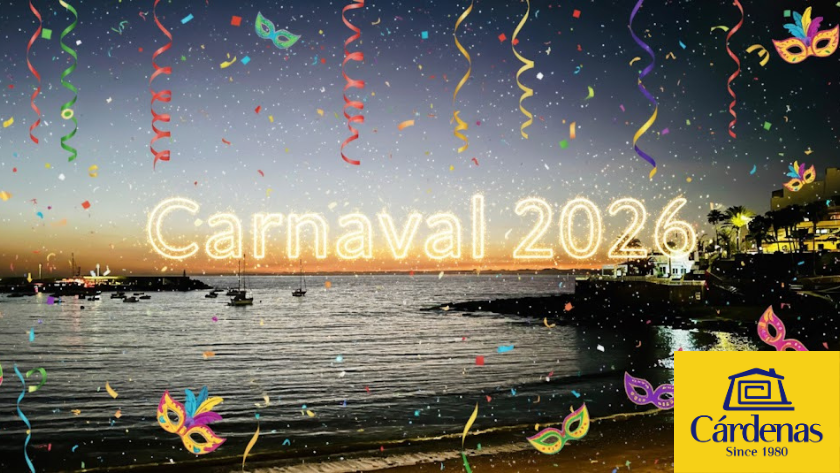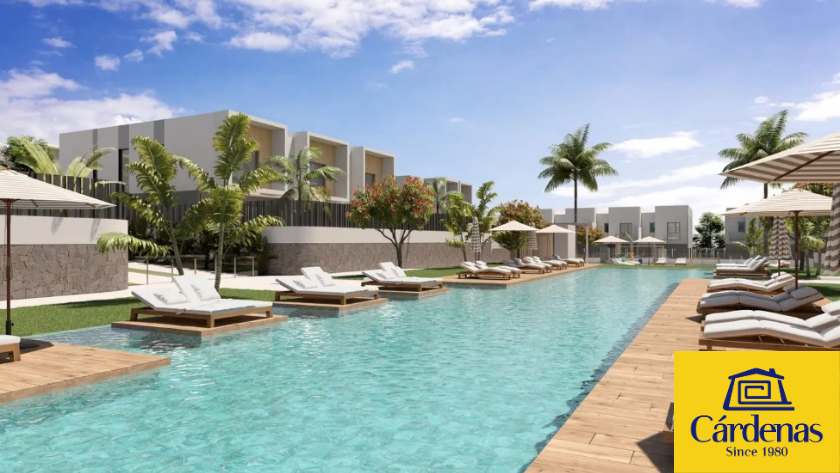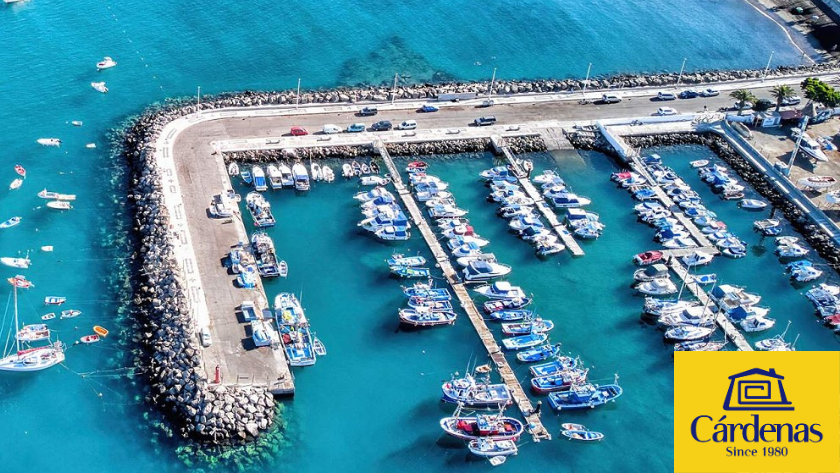Guide To The Draft Canary Islands Vivienda Vacacional Rules
Published in Living in Gran Canaria, News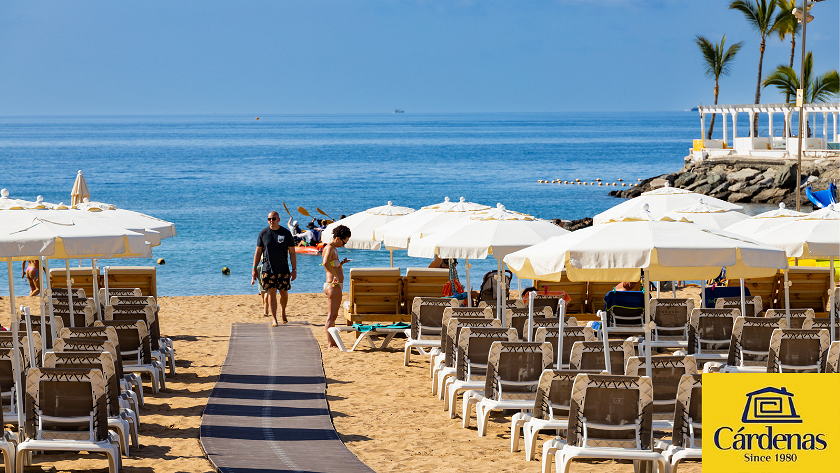
The Gobierno de Canarias (Canary Islands Autonomous Government) has released the text of a new draft law governing Viviendas Vacacionales (VV or holiday lets) in the Islands.
It is important to bear in mind that it remains a draft and is now open to public consultation and suggestions.
In its current form the draft imposes a series of strict rules for new VV licence applications. Municipios (Town Hall) will have to create their own local rules that comply with the final version of the new law, or face a ban on new VV licences for five years.
The new law also provides a pathway for complexes on touristic soil to declare themselves residential.
Remember that both the current and the new regulations only apply to those properties that are marketed on digital platforms with booking systems (tourism supply channels). In other cases, it is not necessary to obtain registration as a VV.
New Vivienda Vacacional rules in the draft law
The draft law includes the following requirements for all new VV licences in Gran Canaria, which the municipios will have to integrate in their own rules:
- A municipio can have a maximum of 10% of its housing units designated as VVs
- A VV licence can only be obtained in a building or complex where the comunidad expressly allows this activity.
- All new VVs must have an Energy Efficiency Certification at level B or C.
- All VVs must be within 500 metres of an electric vehicle charge point
- Solar energy for hot water is obligatory for all new VVs
- The minimum usable area for a VV with capacity for 2 persons is 44 m² (50 m² in built area).
- All new VVs must have a lift.
- No VV licences can be granted in new buildings for the first ten years after they are constructed
- Entire buildings, such a blocks of flats, will not be able to get a VV licence
- Tourist complexes will not be eligible for VV licences
- In areas designated as a Zona Tensionada (a zone where residential rents have increased so much that they are no longer affordable for local people), no new VV licences will be allowed.
Transition period for existing holiday let properties
Existing VVs in residential areas will have five years to make any modifications needed to comply with the new rules.
After the initial five year transition period, properties that comply with some of the new rules will be allowed another five years (a total of ten years) before having to reapply for a licence.
Specifically, existing VVs will have to conform to the following new rules within five years…
- Energy Efficiency Certificate B or C.
- Electric car charger within 500 m.
- Solar energy for hot water.
- Lift
It is likely that existing VV licences for properties within touristic complexes will be revoked.
Consolidation of residential use in touristic complexes
Touristic complexes will be allowed to request consolidated residential status during a two year period after the new rules come into force. They will have to prove that the complex has been de-facto residential for a long period in order to qualify. Any property that is given consolidated residential designation will not be eligible for a VV licence.
Complexes or buildings that do not request consolidated residential status (or cannot demonstrate that they have been residential for some time) will remain as tourist complexes with a single exploitation company, a role that can be assumed by the community of owners.
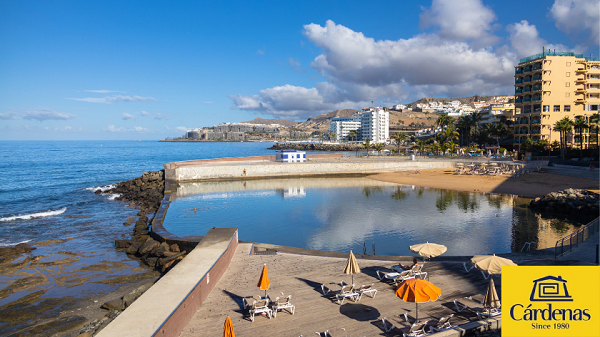
ACEGI response to the new draft rules
The Canarian Association of Real Estate Companies (ACEGI), of which Cárdenas Real Estate CEO Carolina is spokesperson, has responded to the draft rules in a press release.
It states that ACEGI agrees that new rules governing VVs are needed, and supports some elements of the draft proposal. For example, it is positive that de-facto residential complexes in tourist areas can now regularise their status. It is also good news that local municipios will be able to regulate VVs based on local factors.
However, ACEGI will present arguments during the public consultation period for the draft laws arguing that some proposed requirements are too restrictive. For example, it is virtually impossible for an apartment in a large building to receive an Energy Efficiency Certification at level B or C.
ACEGI would like to see a more flexible approach to holiday let regulation in the Canary Islands that allows for a diversified and democratic tourism model.
No change until after the public consultation period
The new rules will not become law until after a public consultation period and subsequent period for any changes to be made. The final rules will not be in force until the end of 2024 at the earliest. Until the new rules come into force, applications for VV licences can be made for property in residential zones under the existing rules.


